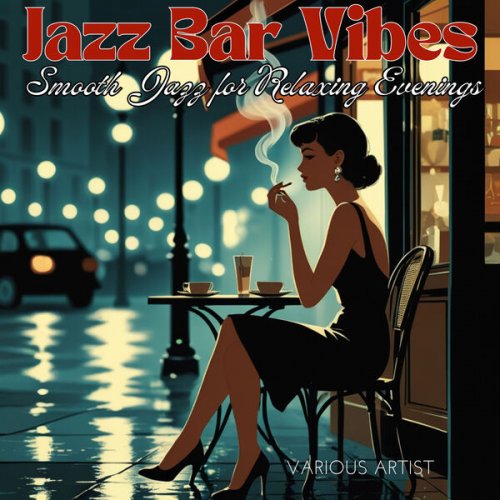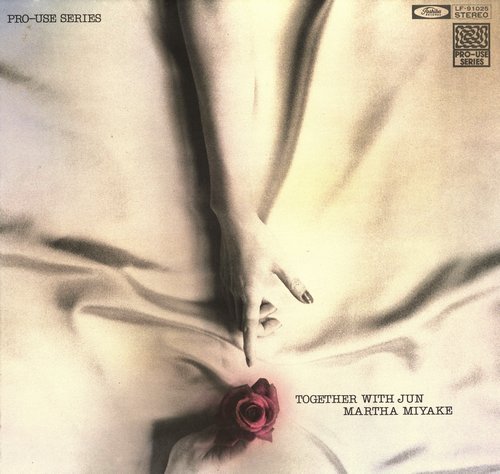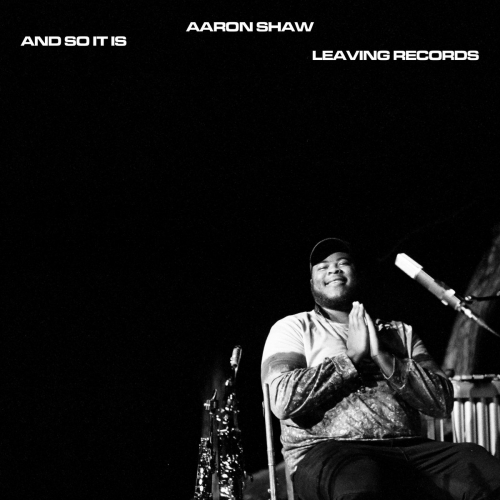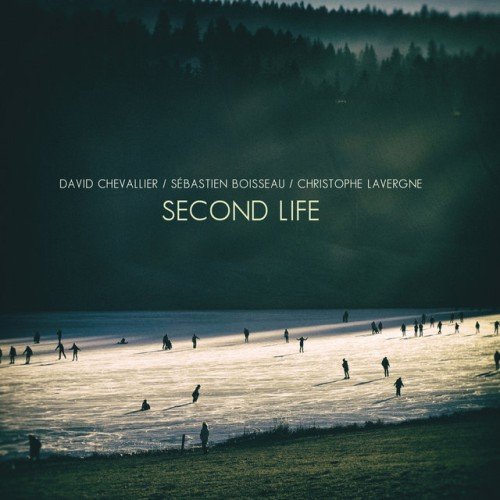L'Arpeggiata & Christina Pluhar - All'Improviso (Ciaccone, Bergamasche, & Un Po' Di Follie...) (2004)
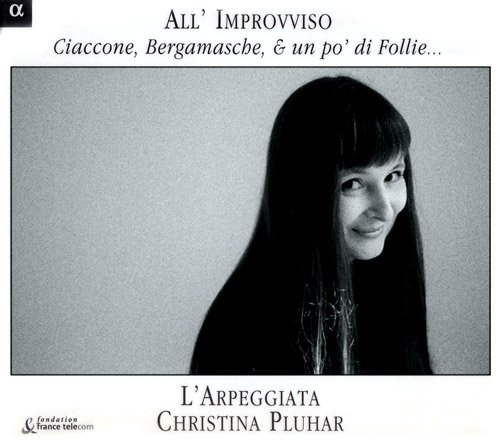
Artist: L'Arpeggiata & Christina Pluhar
Title: All'Improviso: Ciaccone, Bergamasche, & Un Po' Di Follie...
Year Of Release: 2004
Label: Alpha Productions
Genre: Classical, Vocal
Quality: FLAC (image+.cue,log,scans)
Total Time: 52:11
Total Size: 301 Mb
WebSite: Album Preview
Tracklist: Title: All'Improviso: Ciaccone, Bergamasche, & Un Po' Di Follie...
Year Of Release: 2004
Label: Alpha Productions
Genre: Classical, Vocal
Quality: FLAC (image+.cue,log,scans)
Total Time: 52:11
Total Size: 301 Mb
WebSite: Album Preview
01. Voglio una casa (Galeazzi-improvisation) [00:03:03]
02. Folia (Improvisation) [00:01:46]
03. Ciaccona (Cazzati-Storace-Pluhar) [00:03:52]
04. Romanesca (Santiago de Murcia-Pluhar) [00:02:25]
05. Turlurù (Bergamasca) (Pluhar-Trovesi-Beasley-improvisation) [00:04:15]
06. Folia passeggiata sopra D (Vitale-improvisation) [00:02:39]
07. Ciaccona (Improvisation) [00:01:24]
08. Ninna Nanna sopra la Romanesca (Pluhar-Galeazzi) [00:02:45]
09. Chiacona (Bertali-Pluhar) [00:04:52]
10. Se laura spira (Folia) (Frescobaldi-improvisation) [00:03:26]
11. Toccata (Lombardi) [00:02:23]
12. Kapsberger (Kapsberger-improvisation) [00:01:42]
13. Folias (Falconero) [00:03:45]
14. Espanoletas (Ruiz de Ribayaz-improvisation) [00:04:30]
15. Cantata sopra il Passacaglio. Diatonica (Pozzi-improvisation) [00:09:15]
Performers:
Lucilla Galeazzi (vocal)
Marco Beasley (vocal)
Gianluigi Trovesi (clarinet)
L`Arpeggiata
Christina Pluhar, conductor
L'Arpeggiata's previous recordings have blended popular or folk-inspired elements with music of the Baroque in striking and imaginative ways. 'All'Improviso' takes this melting-pot approach even further, combining the Baroque ostinato bass with improvisatory techniques from both the historically aware stream of 21st-century music-making and of jazz through the participation of the clarinettist Gianluigi Trovesi. As Christina Pluhar, the ensemble's director, suggests in her notes, perhaps we should move away from asking whether we are right to do this or that and instead seek what can be learnt when these different strands of musicmaking, 'which, after all, have much in common', are brought together.
Of course, they are not the only group to do this, but the improvisatory raison d'être here, exploring and developing chord sequences that were particularly favoured in the Baroque, and not only as the basis for dance music (though many of them, such as the ciaccona or folia, originated for that purpose), makes it a particularly successful example. A range of styles are explored, a musical idea is taken up, developed, discarded in favour of another and diverse sonorities come and go, shifting in an aural kaleidoscope, with a genial ease that belies the technical brilliance and musicianship without which it couldn't possibly work. Aside from their superb music-making, the players convey a sense of utter conviction in what they are doing. Purists may sneer, but perhaps the time has come to set up an early-music equivalent to Ronnie Scott's. -- Tess Knighton
Of course, they are not the only group to do this, but the improvisatory raison d'être here, exploring and developing chord sequences that were particularly favoured in the Baroque, and not only as the basis for dance music (though many of them, such as the ciaccona or folia, originated for that purpose), makes it a particularly successful example. A range of styles are explored, a musical idea is taken up, developed, discarded in favour of another and diverse sonorities come and go, shifting in an aural kaleidoscope, with a genial ease that belies the technical brilliance and musicianship without which it couldn't possibly work. Aside from their superb music-making, the players convey a sense of utter conviction in what they are doing. Purists may sneer, but perhaps the time has come to set up an early-music equivalent to Ronnie Scott's. -- Tess Knighton

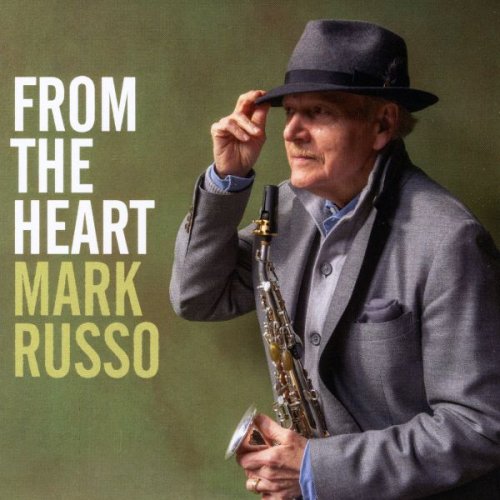
![Terrace Martin & Calvin Keys - The Near North Side (2026) [Hi-Res] Terrace Martin & Calvin Keys - The Near North Side (2026) [Hi-Res]](https://www.dibpic.com/uploads/posts/2026-02/1771141377_b80maiy5ke658_600.jpg)
![Katrine Schmidt - Wearing My Heart On My Sleeve (2026) [Hi-Res] Katrine Schmidt - Wearing My Heart On My Sleeve (2026) [Hi-Res]](https://www.dibpic.com/uploads/posts/2026-02/1771145515_ugcrf0sr2pkvk_600.jpg)
![Tomeka Reid - dance! skip! hop! (2026) [Hi-Res] Tomeka Reid - dance! skip! hop! (2026) [Hi-Res]](https://www.dibpic.com/uploads/posts/2026-02/1770830819_v46zfbrujdggb_600.jpg)
